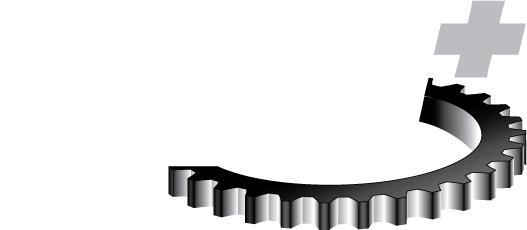
Fuel Management Strategies and Systems
As the last remaining efficiency gains are squeezed from the internal combustion engine, it is critically important for engineering and technical support staff working on the design, development, application and testing of engines to understand the modern fuel economy and emissions reduction strategies. This course targets engine design engineers, analysts, technical managers, test engineers, and car enthusiasts. It is designed to impart a deeper understanding of the technologies behind the various engine design and operation techniques associated with fuel injection, injection technologies, timing and fuel management as a function of emissions. Learners can expect to gain an understanding of the base technologies and implementing hardware. They should also be able to review related technical literature and evaluate the claimed merits from the understanding of the base technology.
Learning Objectives
By completing this course, you will be able to identify, recognize or articulate:
- Fuel management system technologies
- Fuel injection strategies
- Fuel injection and fuel injector hardware
- Closed-loop control based on emission production
- Benefits of atomization and vaporization on fuel management
- Effect on vaporization of atomization techniques
- The merits of fuel management strategies in technical literature and critically evaluate them
Who Should Attend
This is an intermediate course intended for anyone with a general proficiency or practical understanding of current internal combustion technology and systems. The material covered in this course is targeted at several design and engineering disciplines including, but not limited to:
- Design engineers and engineering managers
- Automotive engine designers
- Component suppliers
- Engine test and development engineers
- Design services managers
- Car enthusiasts and shade-tree mechanics
Prerequisites
Because this course is targeted at several design and engineering disciplines, learners should have a B.S. in engineering or related field and preferably a minimum of two years design experience in automotive fuel systems.
Topics
- Direct Injection (DI) of both gasoline and diesel fuels
- Overview and historical perspective of DI technologies
- Gasoline
- Diesel
- DI hardware review
- Potential and proven benefits of DI
- Theory
- Aspects of gasoline combustion
- Aspects of diesel combustion
- Engine hardware development
- Use of alternate fuels
- Implement dual-fuel engines
- Engines designed to run multiple fuels (not dual-fuels)
- Control strategies for implementing and combining above technologies
- Emerging and new technologies
